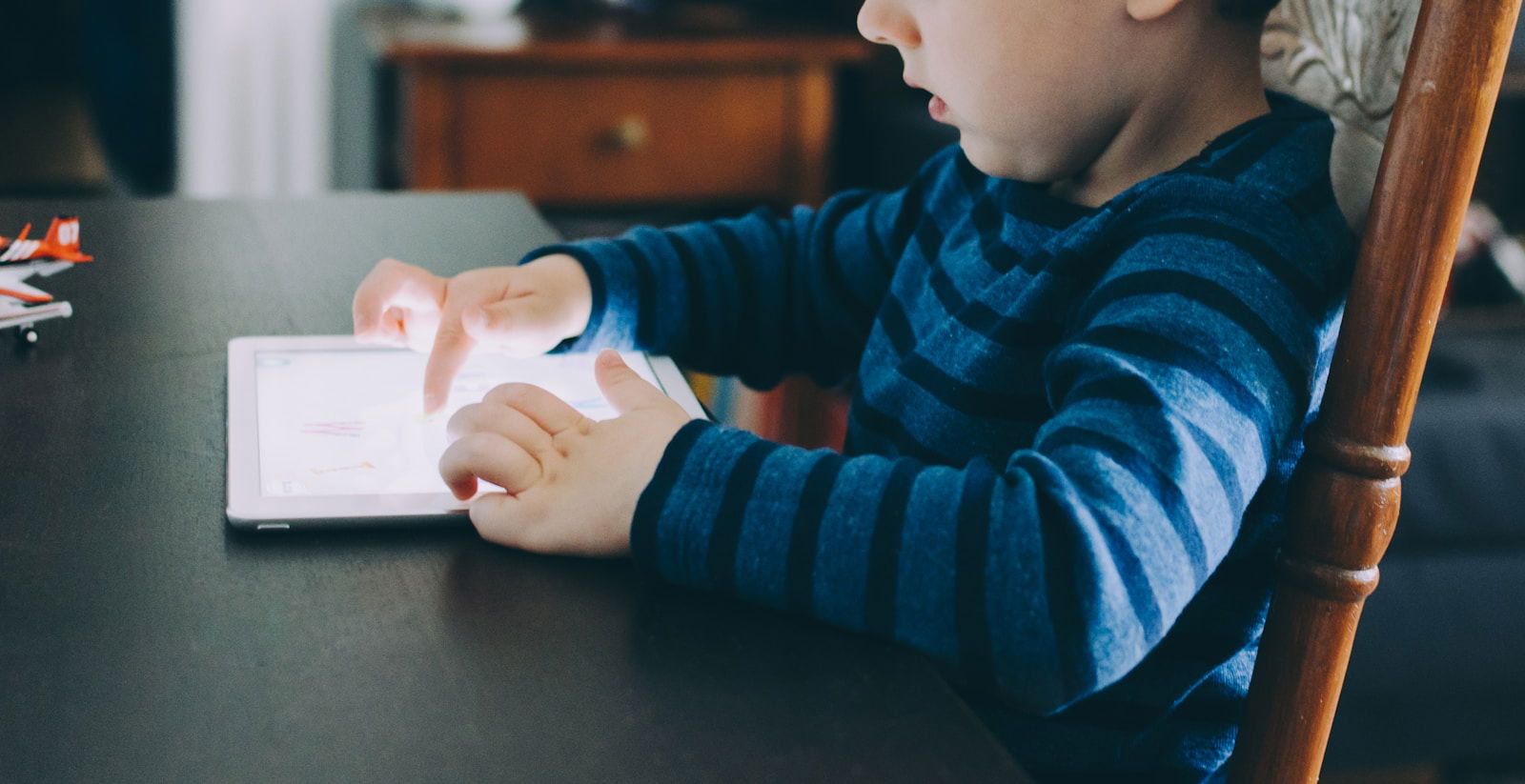
Another Study Proves Just How Damaging Screen Time Is On Mental Health
By Movieguide® Contributor
A new report from the CDC states teens who spend over four hours on their screens each day have higher rates of anxiety and depression.
“About 1 in 4 teenagers with 4 hours or more of daily screen time have experienced anxiety (27.1%) or depression symptoms (25.9%),” the report reads. For comparison, teenagers who reported less than 4 hours of screen time had significantly lower levels of anxiety (12.3%) and depression (9.5%).
Excessive screen time has been linked to many mental health issues, as well as lower cognitive function.
READ MORE: EXCESSIVE SCREEN TIME LINKED TO LOWER COGNITIVE FUNCTION, STUDY FINDS
Dr. Neha Chaudhary, a psychiatrist at Massachusetts General Hospital and Harvard Medical School and Chief Medical Officer at Modern Health, told CBS News, “Studies like these show the true extent of how much time our children are spending on screens and the worrying consequences to their mental health and well-being.”
“With online bullying, constant social comparison like missing out on things others have or are doing, regularly looking for validation, and effects on body image — it’s no wonder that more time spent on social media can be tied to anxiety and depression,” she continued. “At the same time, people who are struggling with their mental health might be more likely to try to turn to social media in order to cope with their symptoms, hoping to find connection, validation or sometimes even a distraction.”
As young people’s screen usage continues to increase, many organizations are warning parents to exercise caution.
The American Academy of Child & Adolescent Psychology recommends that parents should set guidelines, like turning screens off an hour before bed and familiarizing themselves with parental controls.
“Talk to your child about what they are seeing,” the organization wrote. “Point out good behavior, such as cooperation, friendship, and concern for others. Make connections to meaningful events or places of interest.”
AACAP also recommended encouraging children “to learn other activities such as sports, music, art, and hobbies that do not involve screens” and use screens “in ways that build creativity and connection with family and friends.”
“While some might be able to find support and connection [in technology] that helps them feel better as they are able to find communities that they otherwise may not have had access to— many end up feeling worse or just as bad,” Dr. Chaudhary concluded. “The challenge for parents and children is how to balance it so we can reap the benefits without sacrificing our mental health.”
Some parents might be unsure of how to begin setting screen time limits, but there are many small steps you can take, starting today.
READ MORE: HOW TO SET SCREEN TIME LIMITS FOR YOU AND YOUR CHILDREN
Questions or comments? Please write to us here.


 - Content:
- Content: 
